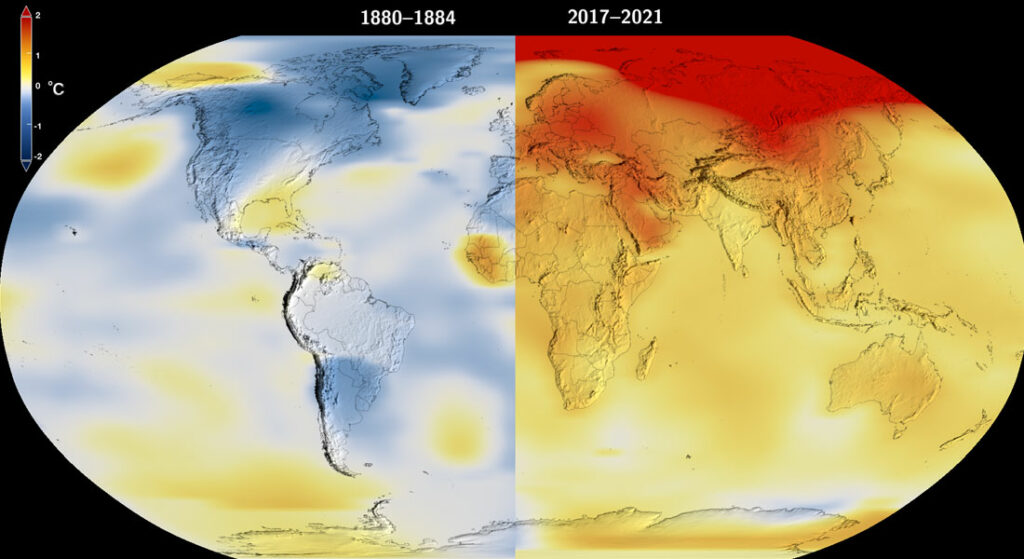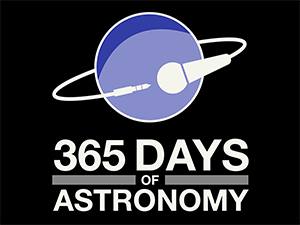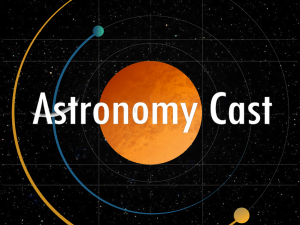
Here in Illinois, our weather has been even more wild than normal this past year. From Amazon warehouse eating tornadoes in December to temperatures that fluctuate 30 degrees per day in randomized directions, we have hit a point where… I don’t even have words for it other than, “I do not like this.”
Now, research published in The European Physical Journal Plus by Albert Sneppen uses spherical harmonics to show how global temperature increases can increase local temperature variations.
Put another way, an astronomy grad student took the maths we use to describe temperature variations in the early universe and used that math to define how global temperature increases affect regions as small as 50 kilometers. According to Sneppen: The instability and volatility of the weather has generally grown since the industrial revolution, but has especially gained momentum over the last 40 years. Together with several other theoretical and observational studies, this model indicates that the weather will become even more unstable in the coming decades.
We’d known experimentally that the world’s weather was showing more extremes. From ice storms in England to 150-degree days in India, we can’t not see the extremes, but this is the first time someone could explain it. And it was an astronomer – a student – who realized that the same physics that moderated the temperatures in our early universe are at play in our atmosphere.
Science is the same everywhere, and next time you are tempted to tell a researcher to stay in their lane, I want you to remember this story and remember that physics doesn’t care if you’re studying the Earth or the early universe, and sometimes it takes fresh eyes to realize how to take lessons learned in one context and apply them elsewhere.
More Information
University of Copenhagen press release
“The power spectrum of climate change,” Albert Sneppen, 2022 May 5, The European Physical Journal Plus




 Join the Crew!
Join the Crew!
 Escape Velocity Space News
Escape Velocity Space News
0 Comments